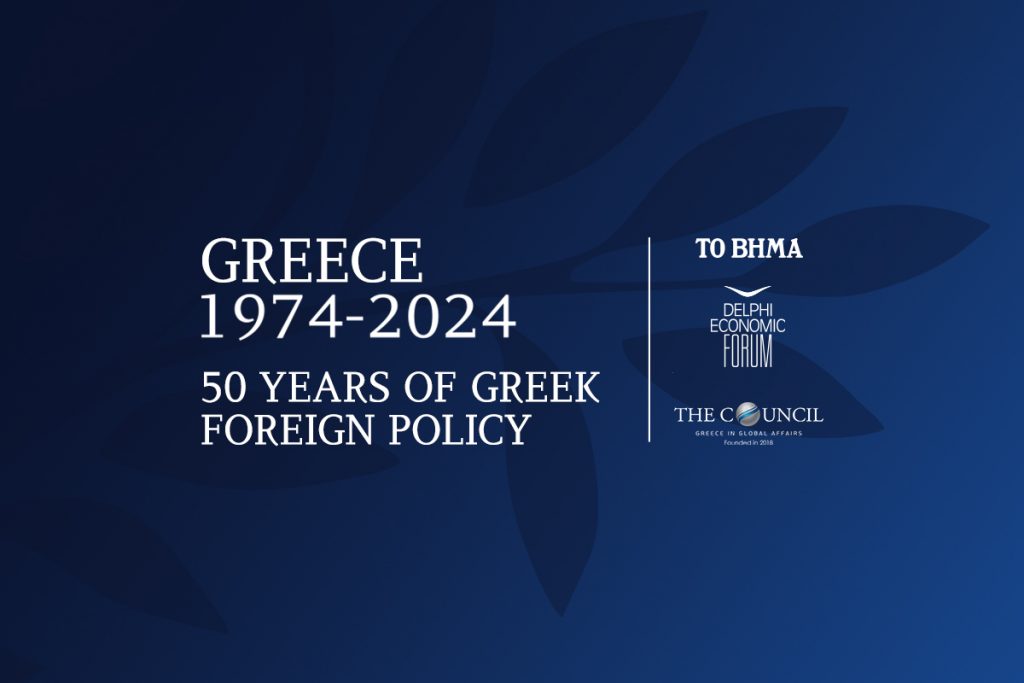The Greek Minister of Health, Adonis Georgiadis, and representatives from the pharmaceutical industry are scheduled to meet on Monday, December 16, in an effort to tackle critical issues affecting the sector.
The agenda includes discussions on the pharmaceutical budget, the clawback mechanism, and the potential signing of a three-year cooperation agreement between the government and pharmaceutical companies.
The meeting between the Greek Minister of Health and the industry heads comes amid a broader deadlock between the Greek government and the pharmaceutical industry. According to reports from To Vima, pharmaceutical companies remain pessimistic about the prospects of resolving the deeply entrenched challenges.
Agenda Highlights and the Impasse
A central focus will be the pharmaceutical spending for 2023 and 2024. Overspending in 2023 forced pharmaceutical companies to cover significant costs through the clawback mechanism, with contributions reaching 83% of hospital drug expenditure in the first half of the year, says To Vima. For 2024, while some improvement is anticipated, companies may still face clawbacks covering up to 70% of innovative hospital drug costs.
The clawback mechanism is a system where pharmaceutical companies reimburse the government for exceeding the public healthcare budget. While designed to control healthcare costs, companies say it places a heavy financial burden on them and limits their ability to invest in innovation. In turn, this potentially affects the availability of medicines.
To Vima notes that although overall spending rose by an estimated 7% in 2023, budgetary increases were insufficient to offset clawback contributions.
Discussions will also focus on a proposed 2025–2027 agreement between the government and the pharmaceutical sector. Despite earlier calls for a joint proposal, pharmaceuticals say progress has stalled due to a lack of commitment from the government regarding public funding for medicines over the next three years.
For 2025, there is a commitment to increase the budget by €400 million due to a clause tied to the Recovery and Resilience Fund and by approximately €70–75 million due to projected GDP growth, explains To Vima. However, the outlook for 2026 and 2027 remains uncertain.
While the meeting presents an opportunity to tackle these challenges, industry representatives express low expectations, anticipating minimal progress on key issues. If the impasse remains unresolved, it could further strain Greece’s already struggling healthcare system and pharmaceutical market.


